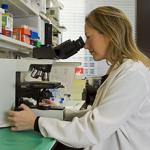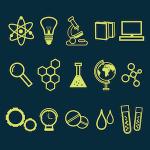Science is an imperfect pursuit at its core. It advances in stops and starts, and only with time and trials do beliefs morph into models and then facts.
reproducibility
By Kai Zhang, University of North Carolina at Chapel Hill
Neil Sedaka once noted that breaking up is hard to do. Even harder, it seems, is doing good science. Why?
One of the major reasons scientific research is facing a reproducibility problem is because of poor use of statistics.
It s hard to figure out what to believe these days. As Drs.






